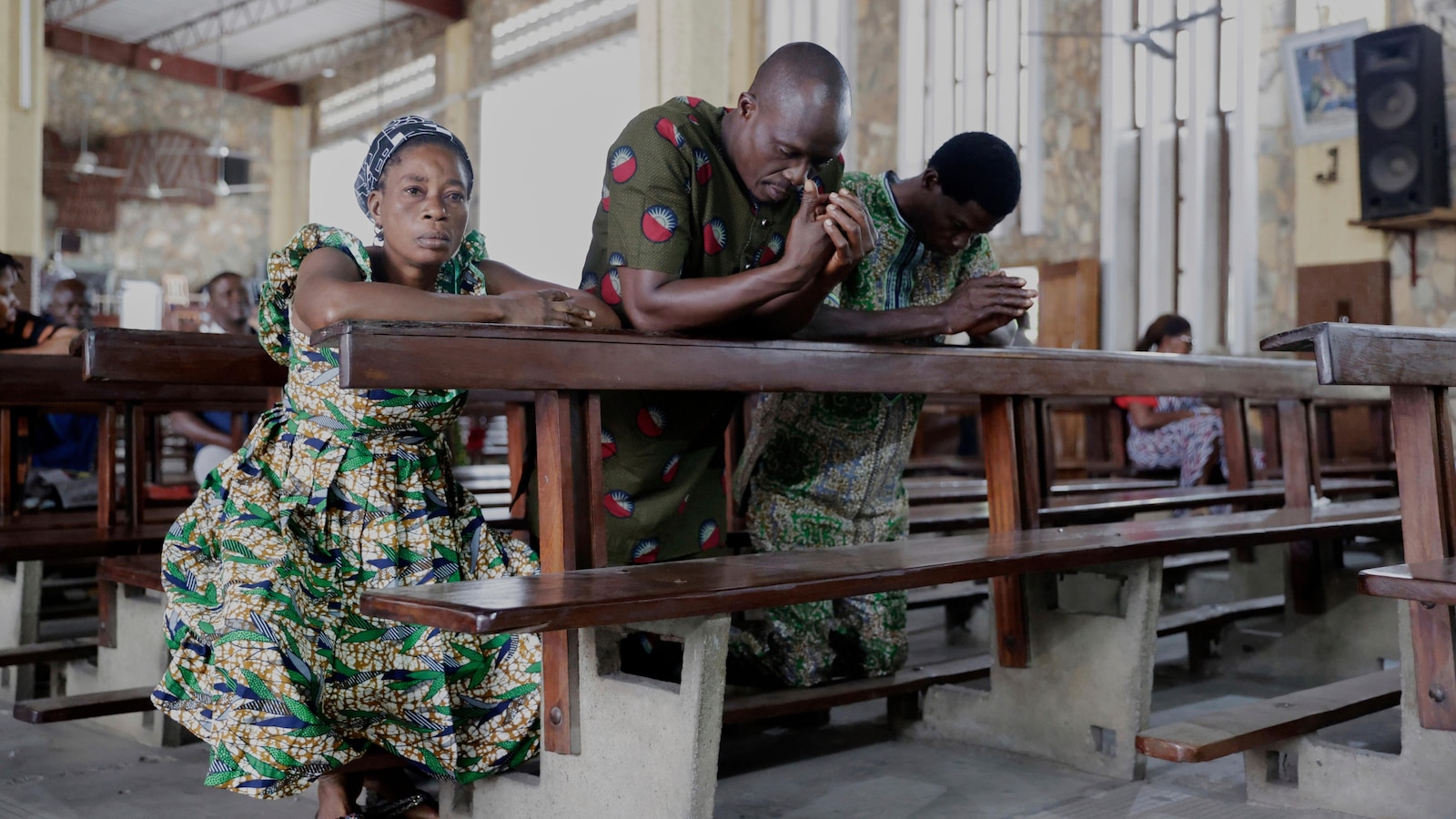ARTICLE AD BOX
ALGIERS, Algeria -- As Europe celebrates the 80th anniversary of its triumph over fascism and the end of World War II, Algeria is remembering a darker anniversary: the colonial-era massacres that erupted the same day.
In a message this week, President Abdelmadjid Tebboune framed commemoration as a matter of national pride and called the event a prelude to Algeria’s fight for independence.
“The commemoration of May 8 reflects the Algerians’ commitment to freedom and dignity, for which they took to the streets with bare hands to confront an enemy,” Tebboune said, calling French colonialism “genocidal” and a crime against humanity.
More than 500,000 tirailleurs from North Africa, West Africa and Madagascar fought for France during WWII. Some volunteered, others were forcibly conscripted. Many lost their lives. Across the board, they were generally paid less than European soldiers.
Many Algerian veterans believed their service would lead to greater rights. But when the war ended, Algerians who dared to demand them were met with repression and violence, even as French leader Gen. Charles De Gaulle exalted how “the cause of liberty and justice” had prevailed in a radio broadcast throughout France and its colonies, including Algeria.
On May 8, 1945, Algerians filled city streets in Ain Temouchent, Guelma, Kherrata and Setif, waving flags and reviving pre-war calls for independence. After demonstrators faced police fire, anti-French riots broke out, killing more than 100. France subsequently launched an air and ground offensive that killed thousands of Algerians — 45,000, according to Algerian authorities, and around 3,000, according to French statistics.
The war's ending sparked similar disenchantment in Britain’s colonies in East and West Africa, where more than 375,000 men enlisted. Soldiers who returned home expecting to be rewarded for their service instead faced racism and a continued lack of political representation. Both helped fuel the subsequent Mau Mau rebellion against British rule in Kenya, during which tens of thousands were killed.
In recent years, memorials there as well as in South Africa have honored the service of African veterans. Elsewhere, including in Senegal, they’ve commemorated injustice and violence that many endured post-war.
For many in Algeria, the May 8 massacres awakened the anger and resolve that later fueled Algeria’s war for independence.
“They understood that the only possible and unique path to independence was armed struggle,” historian Mohamed Ferrad said in an interview this week.
V-E Day events have been going all week in Europe, where leaders have focused on the plight of Ukraine in its fight against Russia and values such as freedom and democracy. French President Emmanuel Macron is expected to speak on similar topics on Thursday evening.
Meanwhile, Algeria’s Ministry of War Veterans is marking the anniversary with a series of nationwide events and panels featuring firsthand accounts from veterans and lectures from historians on the battle for independence after 132 years of French colonialism.
The massacres have been debated in popular books and films in Algeria and France and are a recurring theme when tensions flare between the two countries.
Tebboune and Macron announced a truth commission-style “dossier de memoire” in 2022, led by a committee of historians from both countries. However its activities have stalled as relations deteriorated over issues such as immigration and how France’s juggles ties between Algeria and its regional rival Morocco.
French leaders, including Macron, have called for truth and recognition but stopped short of fulfilling Algeria’s demands for a formal state apology for the massacres.
“Algeria will never allow the memory issue to be forgotten or used as a bargaining chip, out of loyalty to our martyrs,” Tebboune wrote in his Wednesday letter.
A delegation of around 30 French lawmakers from leftist and centrist parties arrived in Algiers on Wednesday to participate in the commemorations of the massacres.

 2 months ago
42
2 months ago
42








 English (US) ·
English (US) ·